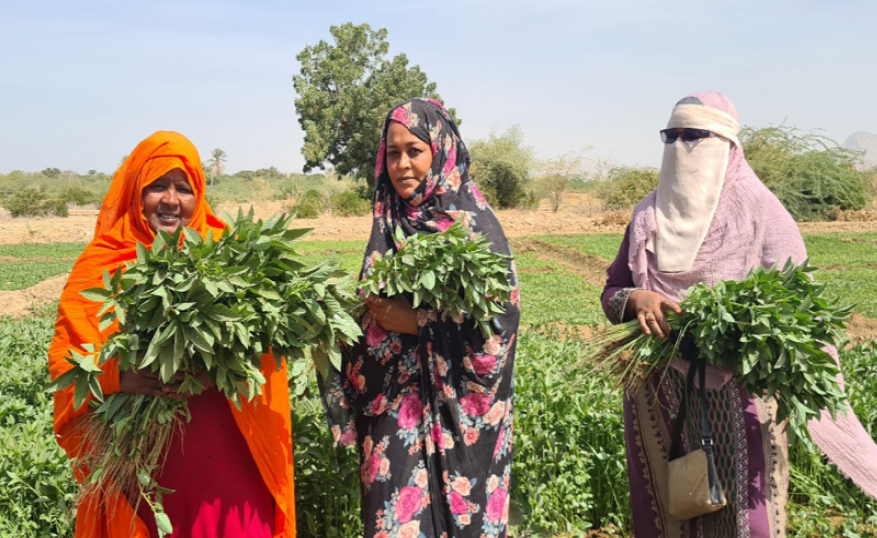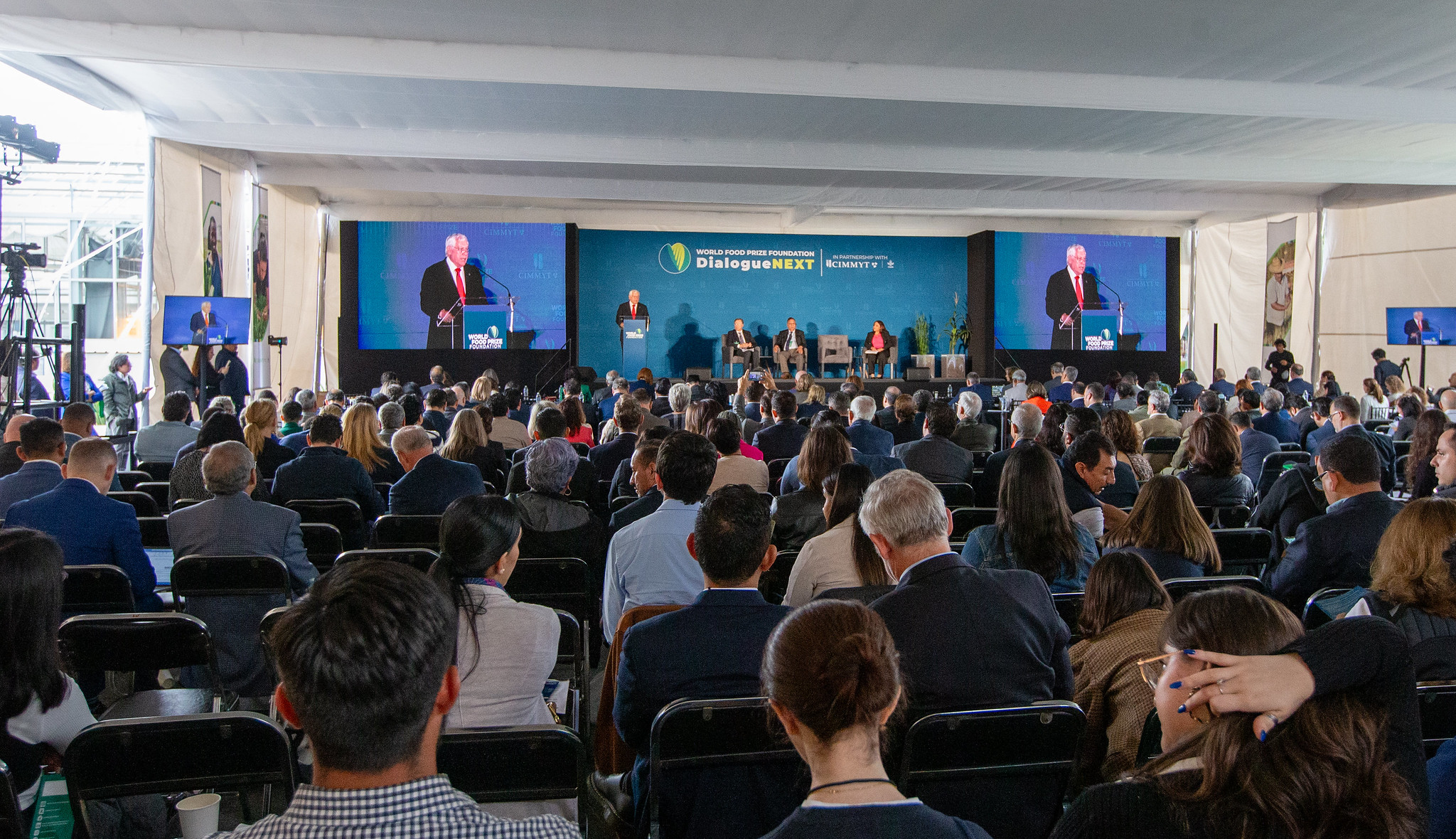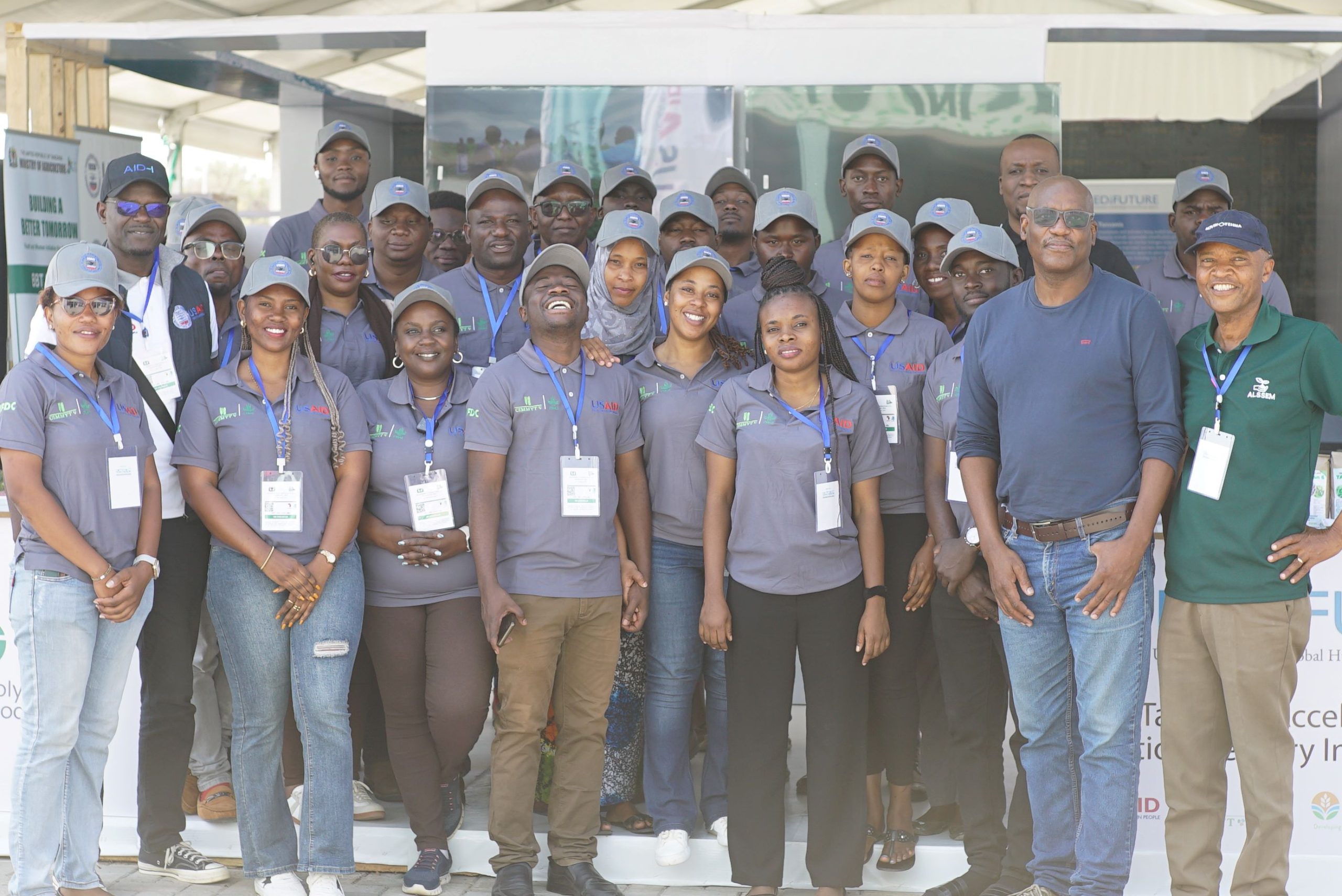
In Tanzania, the first week of August is all about agriculture. From August 1 to 8, agricultural fairs, also known as Nane Nane fairs, are held all over the country to recognize the contribution of farmers to the national economy. ‘Nane Nane’ in the local language means ‘eight eight,’ referring to August 8, which is celebrated as Farmers Day in the country.
Organized by the Agricultural Society of Tanzania, these fairs serve as a landmark event for agricultural stakeholders across the region. This year, the 31st edition of the fair was organized at the Nzuguni grounds in Dodoma. It saw 500 exhibitors, including smallholder farmers, agricultural enterprises, public and private sector entities, and government officials.
Themed ‘Embrace Visionary Leadership for Agricultural Transformation,’ the event emphasized the need for leadership commitment to sustainable agriculture, while highlighting the critical role of agriculture in Tanzania’s economic growth and food security.
The Southern Africa Accelerated Innovation Delivery Initiative (AID-I), funded by United States Agency for International Development (USAID) and implemented by CIMMYT, along with several partners, played a prominent role at this year’s fair. In addition to raising awareness of the innovative work being done, the fair provided a platform for AID-I and its partners to showcase a range of innovative agricultural technologies designed to address the specific needs of Tanzanian farmers. The event also enabled AID-I and its partners to interact directly with farmers and entrepreneurs, resulting in valuable feedback.
Celebrating the Success of AID-I Beneficiaries at Nane Nane
The Nane Nane fair was more than just a display of agricultural technologies. It was also a celebration of the successes of local entrepreneurs who had benefited from AID-I’s support.
Among them was Sarah Mashauri, an entrepreneur from the Tabora region, who ventured into the business world by producing and selling maize flour, both wholesale and retail. Starting with only one sack of maize and a loan of 100,000 Tanzanian shillings (approximately US$36), Sarah faced numerous obstacles, including regulatory challenges that resulted in the Tanzania Food and Drugs Authority confiscating her items. The AID-I project recognized her potential and resilience. She was equipped with a milling and dehulling machine, which significantly improved her business. “Before the AID-I project came into my life, I was struggling on my own,” she said. “The support, coupled with the extensive training they provided, enabled me to scale up my operations. I went from employing seven people to 35, and my business expanded significantly. I am now able to source raw materials easily from small-scale farmers, thanks to the networks and training provided by AID-I.”
Agatha Laiza, managing director of Seasoning Palate, a food products company operating under the brand name Tobi Product in Dar es Salaam, is another entrepreneur who benefited from AID-I’s support. Agatha specializes in peanut butter, crunchy nuts, and peanut oil. Her journey began in 1996 with a focus on food product processing. She later realized the potential in peanut production and shifted to adding value to peanuts, while also addressing the critical issue of aflatoxin contamination. With support from AID-I, Agatha was able to build solar dryers for farmers and provide them with high-quality seeds, significantly reducing the risk of aflatoxin in their crops. “The support from USAID, CIMMYT, and AID-I has been invaluable,” Agatha said. “They have helped us build confidence among our farmers, reducing ground nut loss and ensuring safe, quality produce. Our factory, which can process up to three tons of peanuts daily, now operates more efficiently and our products are safer and more reliable.”
Aithan Chaula, executive director of the Dodoma Agriculture Seed Production Association (DASPA), also benefited from the AID-I project’s support. Since beginning pigeon pea production in 2022, DASPA saw substantial growth in demand for pigeon pea seeds, partnering with ALSSEM, a local seed production company.
DASPA expanded its operations to produce quality declared seeds (QDS) and certified seeds, catering to a growing market. Aithan attributed their success to the strategic support from AID-I and partnerships with organizations such as CIMMYT and ALSSEM. “The collaboration allowed us to expand our production capabilities and reach more farmers across various regions,” he said. DASPA is currently working with approximately 20,000 farmers and plans to increase this number by distributing small seed packs and conducting field demonstrations.
“This year at Nane Nane, we were able to distribute small packs of pigeon pea seeds to approximately 1,200 farmers to plant and farm,” said Aithan. “This effort, supported by AID-I, ensures that pigeon pea cultivation becomes well-known and widely adopted by farmers, contributing to both food security and income generation.”
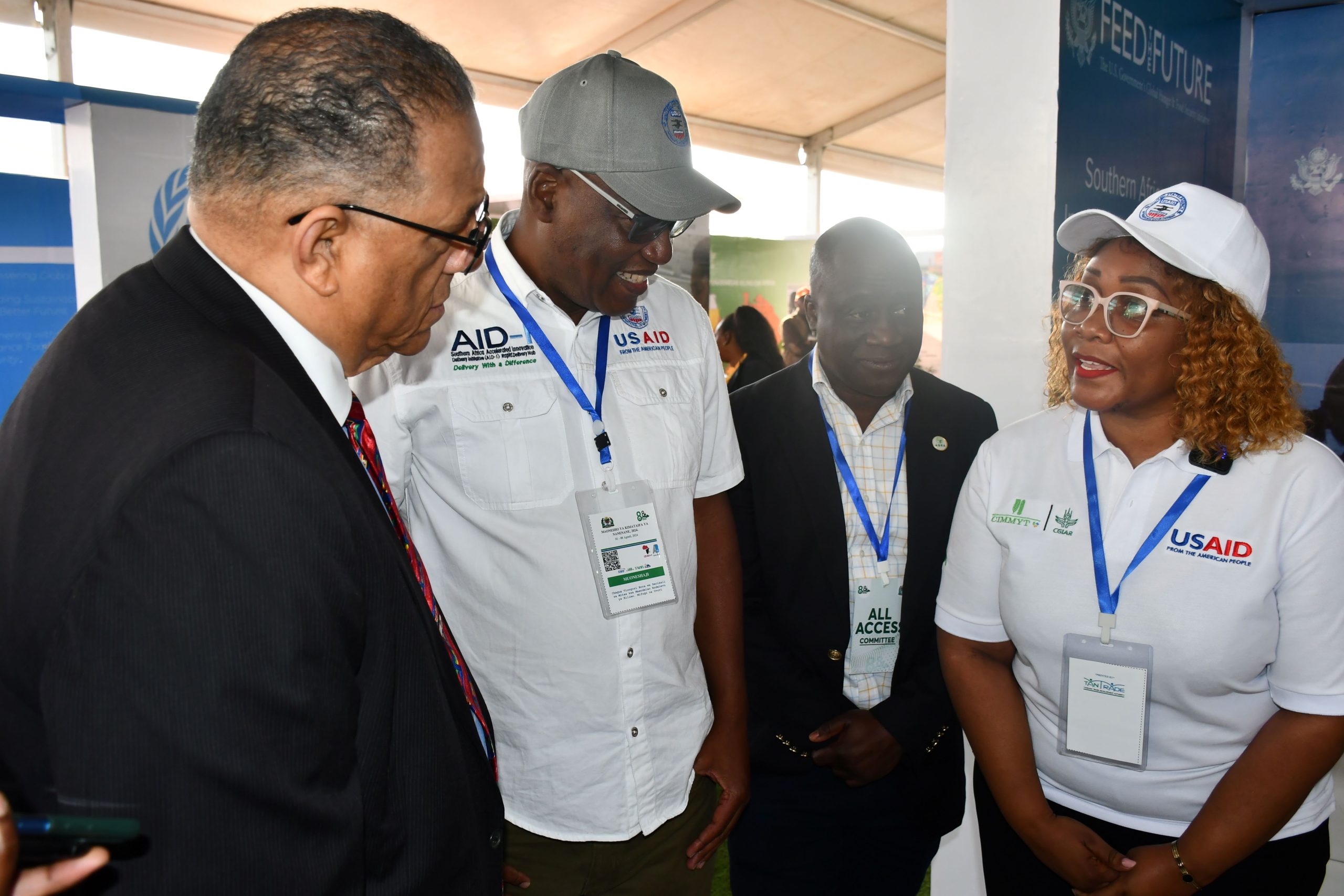
Dr. Michael A. Battle Sr., the United States Ambassador to Tanzania, paid a visit to the AID-I exhibition booth. He engaged with AID-I representatives and the exhibitors, praising their innovative efforts to advance climate-smart agriculture and enhance food security. “It’s a joy to be participating in Nane Nane, particularly because USAID is interested in assisting Tanzania not only to become food secure but also to help with East Africa’s food security and ultimately the continent’s food security,” said Ambassador Battle Sr. He added that it was fulfilling to see the entire value chain of agriculture and agribusiness involving young people and old people engaged in the process of making Tanzania wealthier and more food secure.
For AID-I and its partners, the fair was a crucial opportunity to highlight ongoing initiatives and foster new partnerships. Peter Setimela, the Legume Seed Systems lead for AID-I, emphasized the importance of such events. “Our work in accelerating innovative technologies and ensuring they reach the farmers is reliant on strong partnerships. We bring these technologies to farmers by strengthening local seed systems, connecting farmers to financial services and products, and providing advisory services,” he said.
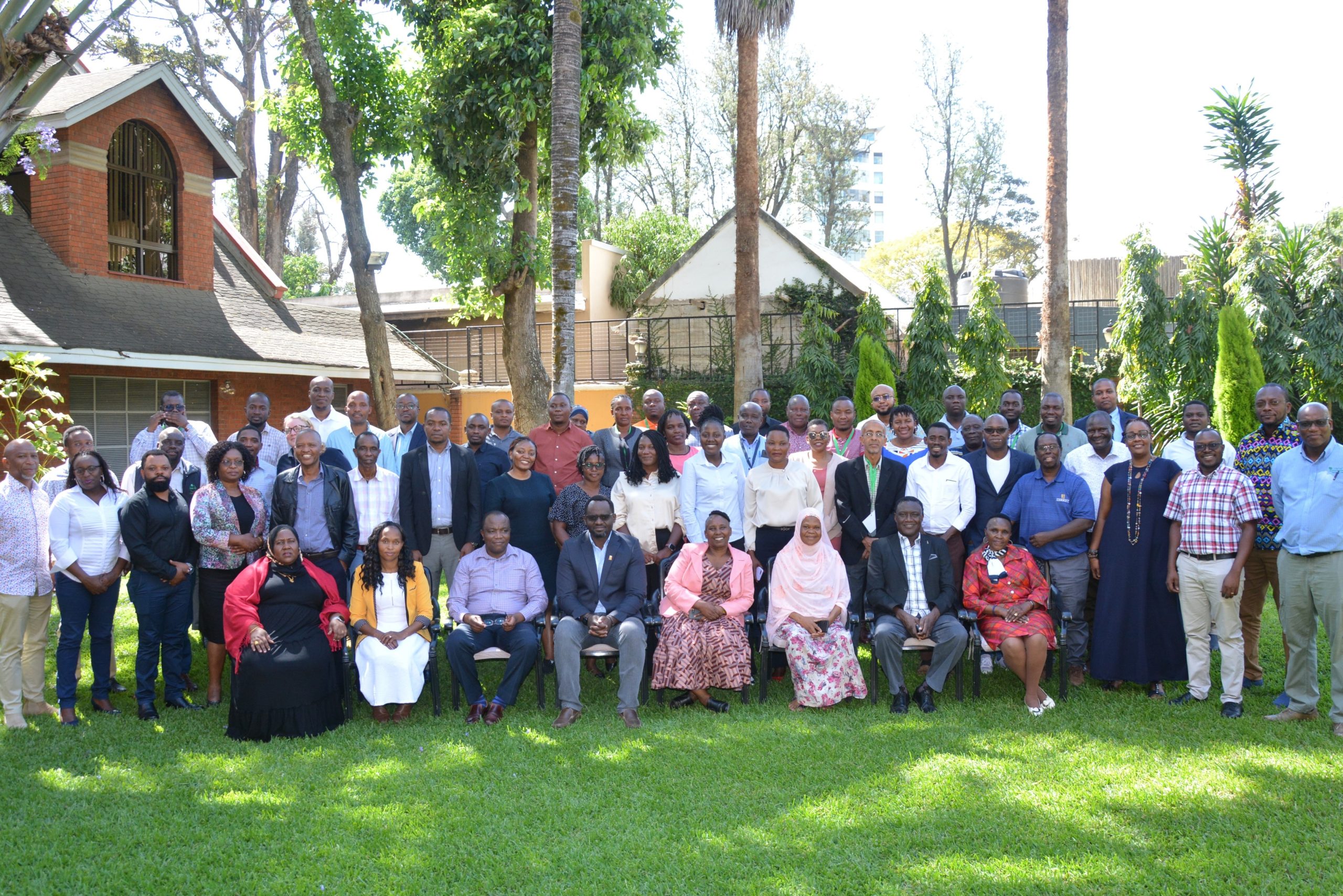
 Capacity development
Capacity development 